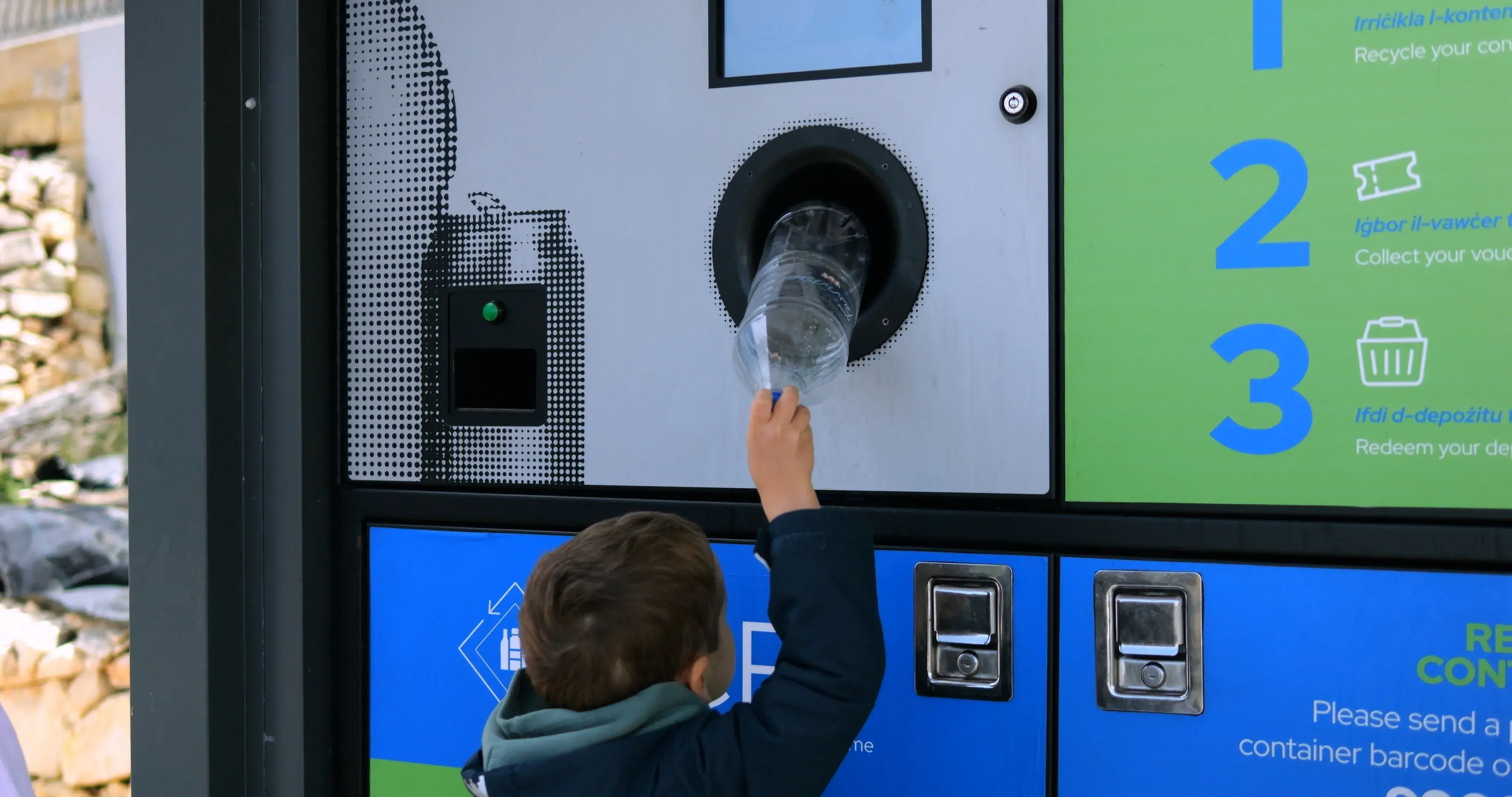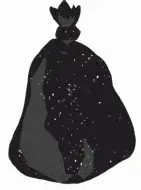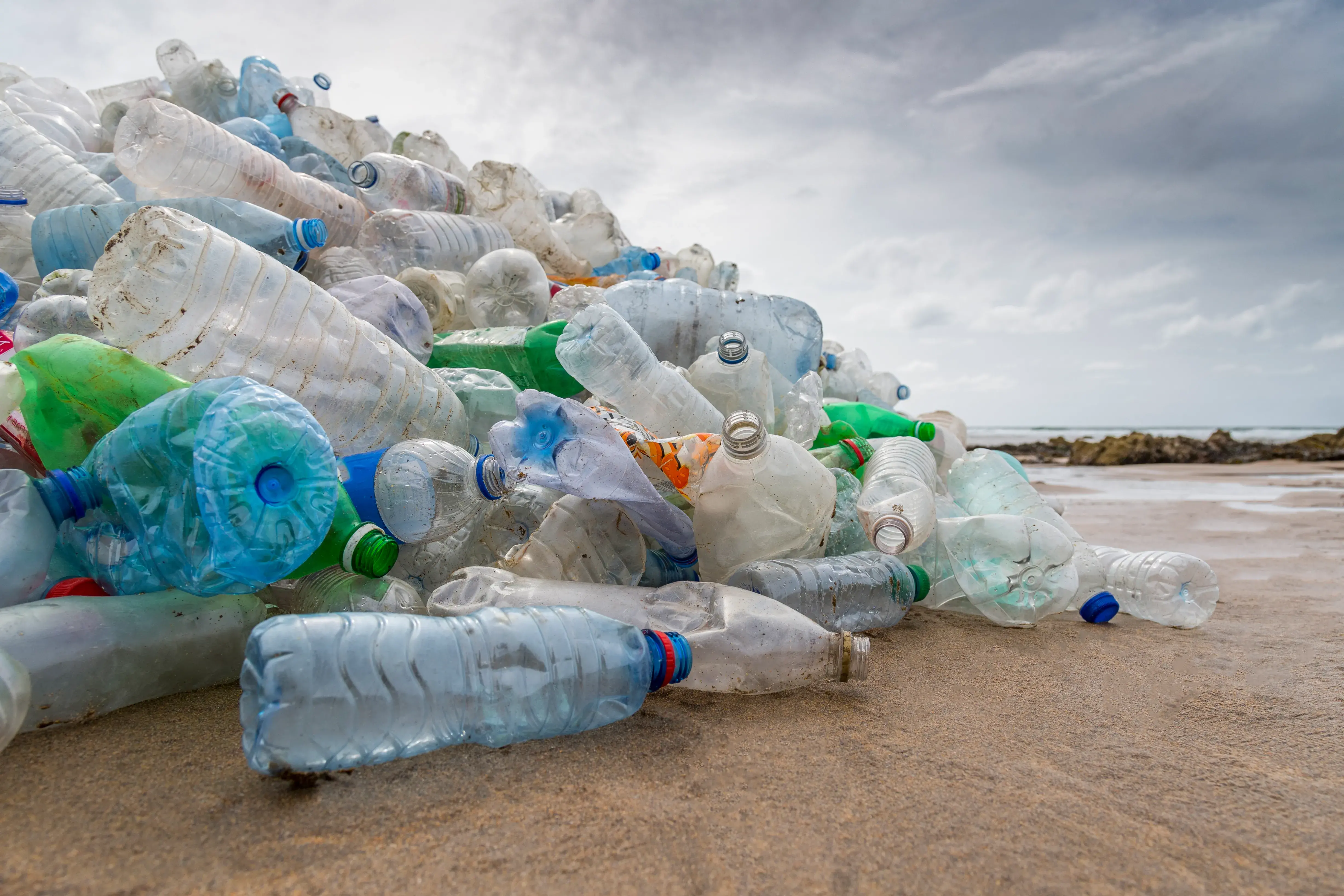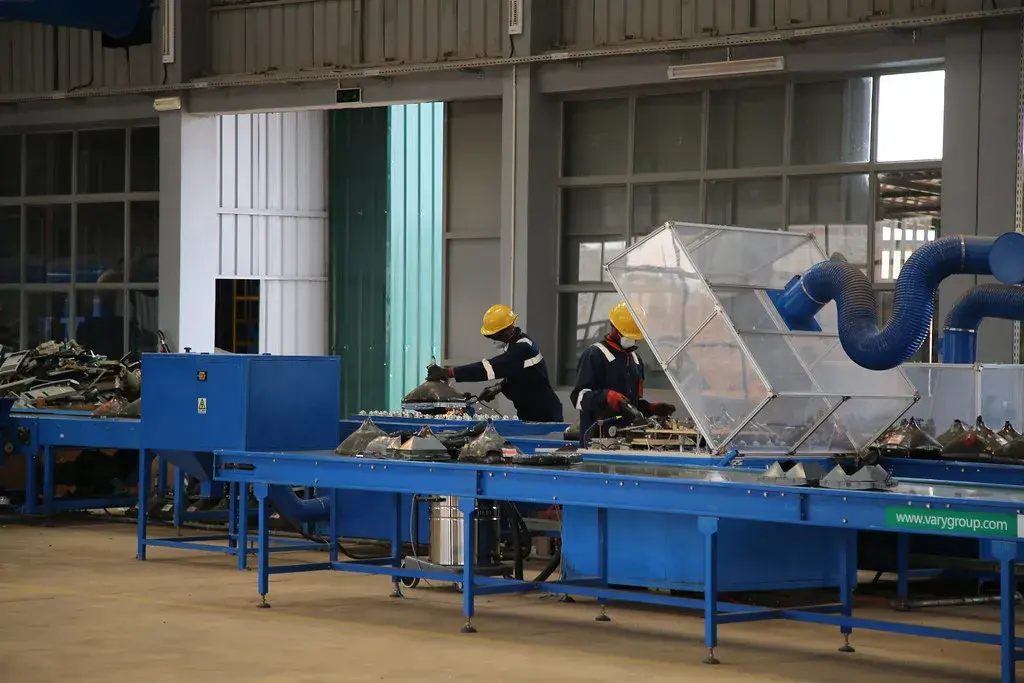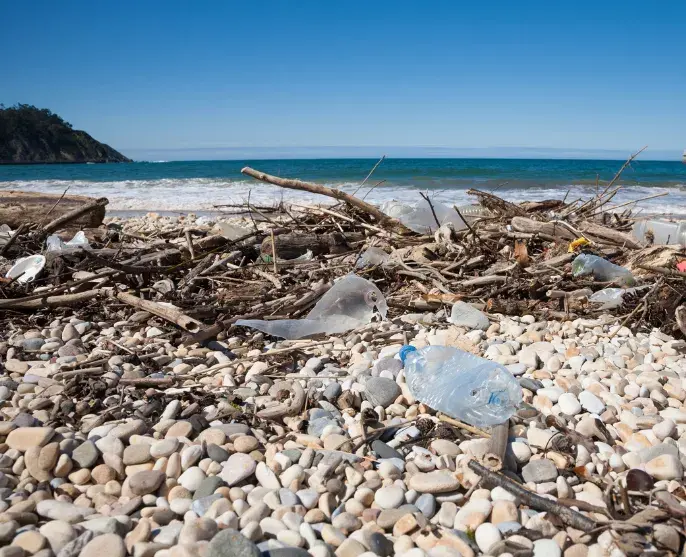Introducing the deposit return scheme
The long-awaited deposit return scheme (DRS) for aluminium drinks cans and plastic bottles is due to come into being in England, Scotland and Northern Ireland in autumn 2027 but what is it and what difference will it make?
